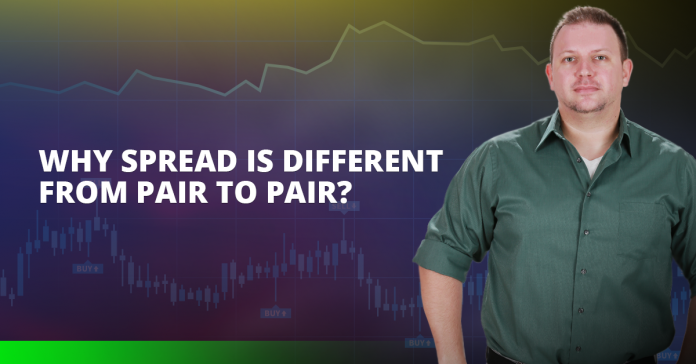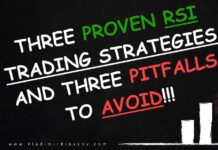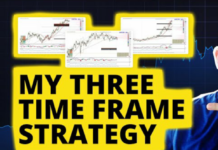
Understanding what the “spread” is in the Forex Market
In the Forex market or a trading market, the spread is referred to a difference between the buying price and the selling price. In other words, we can also say that a spread is the price difference between where a trader may buy or sell an underlying asset which can be a currency pair or equities or indices.
Let’s take an example of spread for the GBP/USD pair. Say the buy price (Ask) of GBP/USD is 1.4024 and sell price (Bid) is 1.4020, then the spread will be of 4 pips. A pip is the value of a currency and equals to 0.0001.
So, an investor or a trader has to pay spread to the broker, which is the difference of buy and sell price. The smaller the spread the better it is for a traders since he/she has to pay less while buying and selling.
Why spread varies for every currency pair
One thing to know about the spread is the fact that spreads vary from pair to pair and time to time. There are various factors that play a major role in the spread value. First factor that plays a significant role in the spread value is liquidity. So, how liquidity affects the value of spread?
Liquidity can be seen as demand and supply. If demand is more spreads gets narrower. If there is a lot of liquidity for a currency pair, then there are high chances that the spread of that pair will be on the lower side.
Let’s take an example. You might notice that the spread of the EUR/USD pair is always lower compared to any other pair. One of the main reasons is liquidity. EUR/USD pair is one of the most liquid as well as traded pairs. So, the spread is on the lower side. However, the spread of a pair like AUD/USD is on the higher side compared to the EUR/USD pair. Reason? Liquidity.
Volatility
Another important factor that affects the spread of a pair is an expectation of volatility or the lack of one. Prior to important news releases brokers tend to widen the spreads. There are many different opinions why that happens. Is it because the lack of volatility right before the news? Or because of the huge volumes traded right after the announcements?
Most times brokers are going against the retail traders. This is another reason why spreads would be widened. Whichever has the biggest impact? It is up to you to research and decide for yourself. But one thing is for sure – brokers don’t want you to trade during these news events.
I remember years ago, when brokers didn’t protect themselves with such measures. It was easy – just place 2 limit orders prior to the high impact news and make money. Now it is a different story!
So be careful prior to events such as: interest rate announcements, employment data, consumer price index etc.
Fixed Spread Accounts
However, if you do not want to bother about variable spreads and want to avoid the impact of the market conditions and upcoming economic data, then there are brokers offering fixed spreads.
Spreads remain fixed and does not change at the time of important events or at least not during all. Be aware that there might be higher commissions that you will need to pay compared to not fixed spread broker.
Happy Trading!
Yours,
Vladimir

















